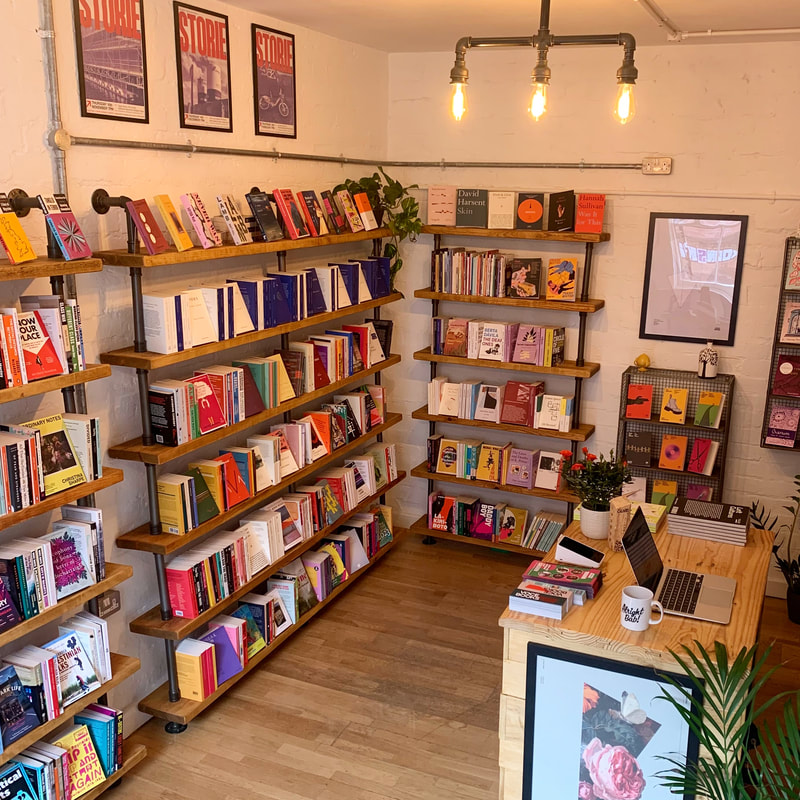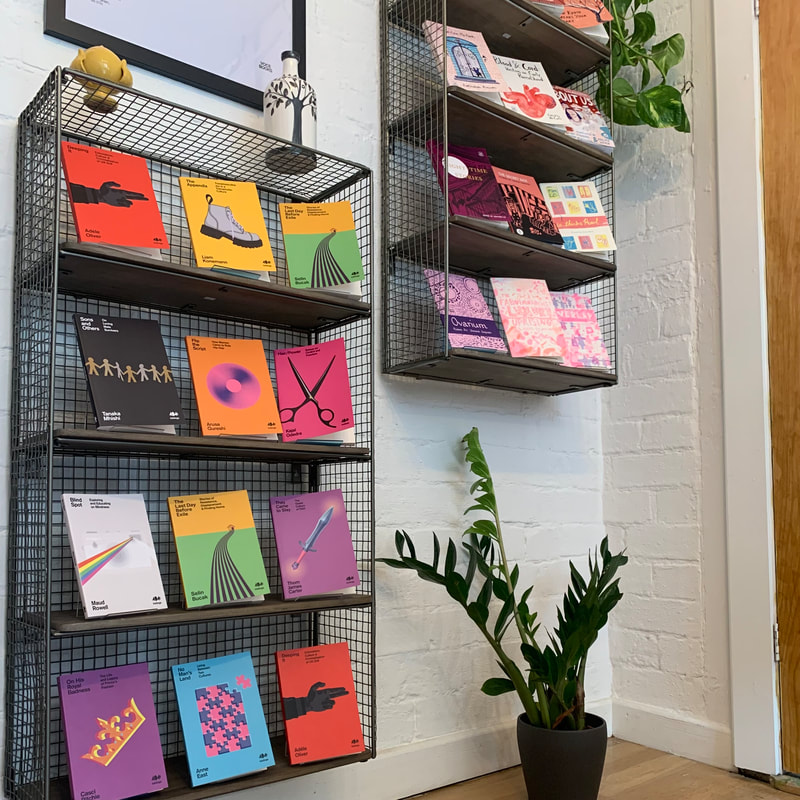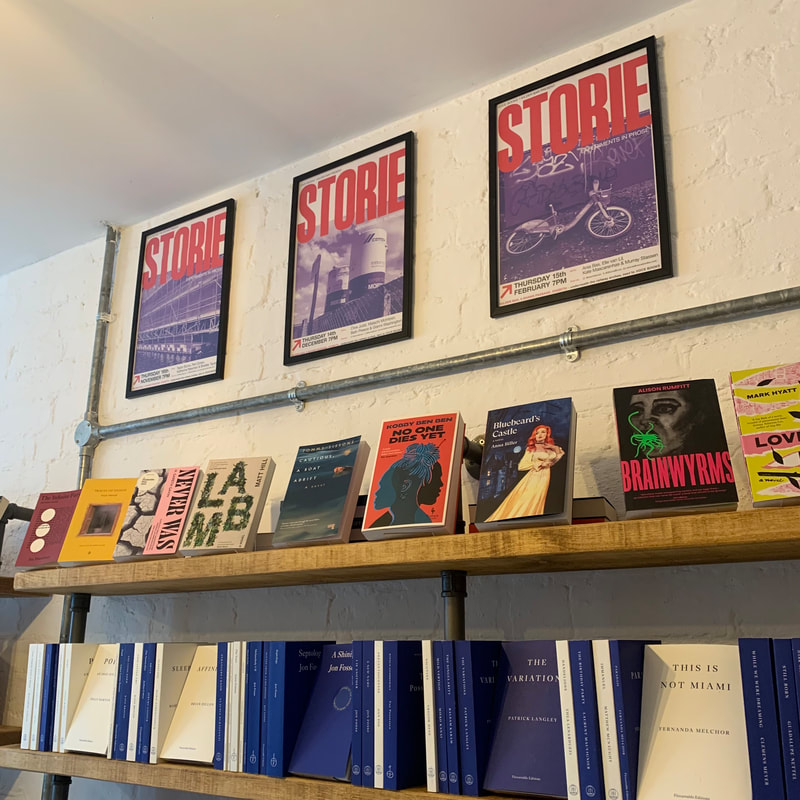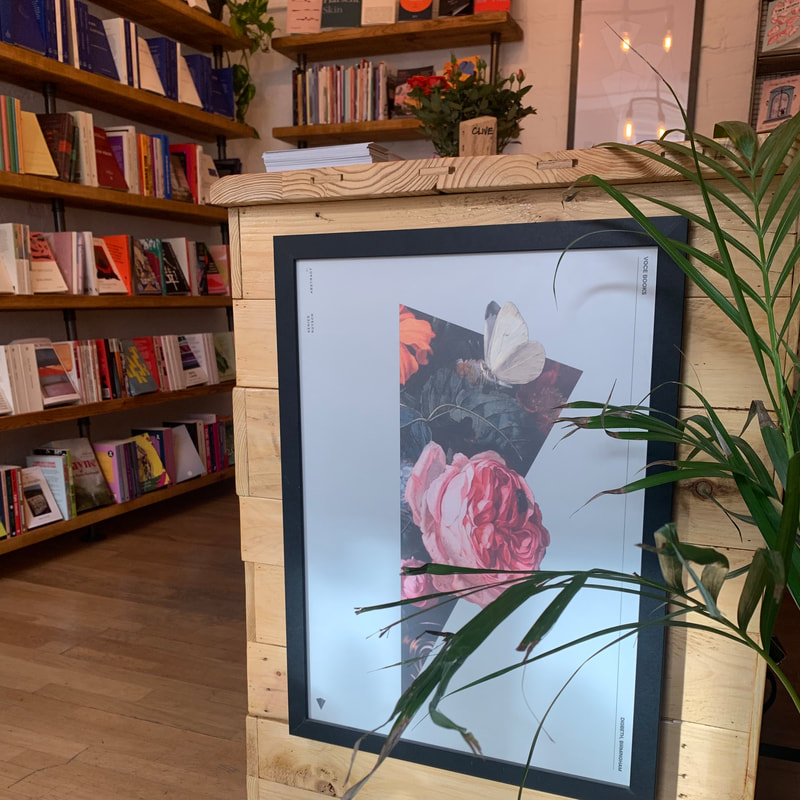CLIVE JUDD &
|
It’s just the most incredible city. And I think a positive outcome of a populous of people who have just gone, ‘You know what? I just don’t care what you think, I don’t care what you think about us. We’re just gonna crack on and get on with it!’
And have built this incredible, vibrant, interesting, diverse and engaged ecosystem of thinkers and small businesses!




